Uruguay - EPR for batteries
by Jennifer Brook at 14:07 in Battery, Content, Environmental under Environmental
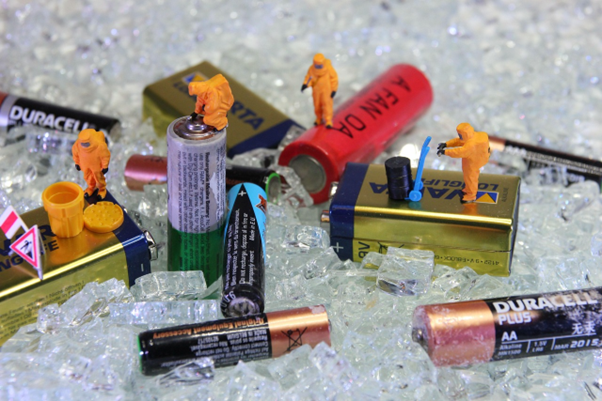
Uruguay has released a law partially implementing EPR regulations for batteries and accumulators, including those for electric vehicles (EVs), placed on the market across the country. It also repeals and replaces the existing 2003 law on lead-acid batteries. This means that Uruguay's status for batteries EPR can be considered as Mandatory, but not yet ful...
Embedded Expertise: Guiding Clients Through WEEE and Batteries EPR
by Justin Given at 11:09 in Battery, WEEE, Emerging, Circular Economy under Environmental
With a background in Environmental Technology, I joined Lorax EPI in October 2022 as a Policy Analyst, before transitioning into a consultant role at the end of 2023. From the start, I've been fascinated by the challenge of taking complex legislation, whether emerging U.S. packaging rules or established WEEE and Batteries EPR frameworks, and helping clien...
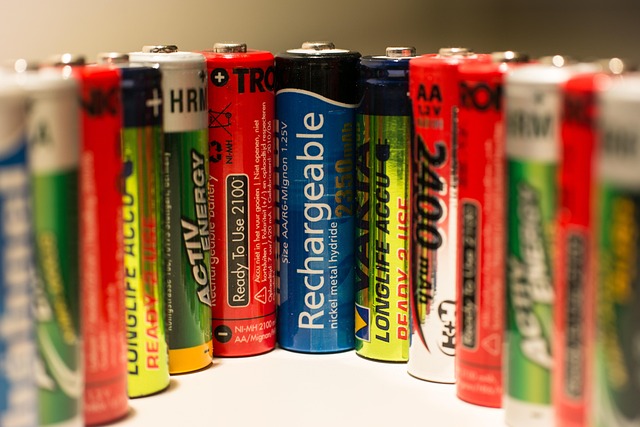
Staying ahead of EPR in 2025 & 2026: How Lorax EPI Is supporting clients through EPR compliance screening, assessments & registrations
by Verity Anipa at 11:07 in Circular Economy, Emerging, Environmental, Packaging, WEEE, Battery under Environmental
.jpg)
I have been with Lorax EPI for two years as an Environmental Compliance Researcher, following previous roles in science and research. Over this time, I've enjoyed working with clients and supporting projects that help them navigate the rapidly expanding world of Extended Producer Responsibility (EPR). This area has grown significantly in recent years, wi...
Understanding the EU Batteries Regulation: Key Deadlines and Obligations for Producers
by Anaay Vora at 14:39 in Battery, Circular Economy under Environmental
The EU Batteries Regulation (EU) 2023/1542, which came into force on 17th August 2023, introduces stricter requirements for batteries and waste batteries. It aims to create a more sustainable, circular and responsible battery industry within the EU. This regulation repeals the Battery Directive 2006/66/EC with effect from 18th August 2025 and amends the W...
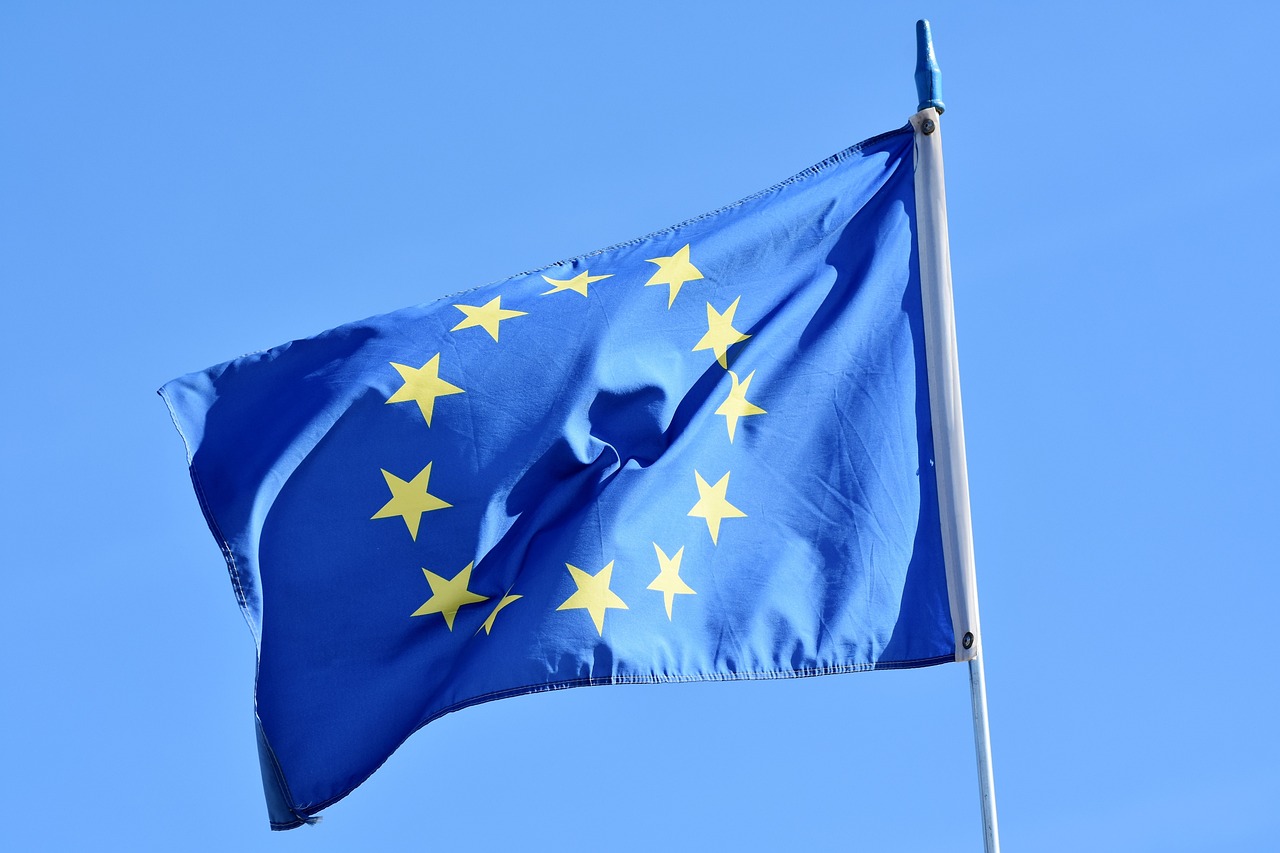
French labelling requirements - what's changing?
by Annis Mapleston at 17:01 in Circular Economy, Emerging, Packaging, WEEE, Battery under Environmental
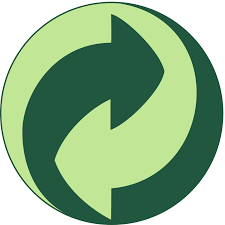
France's 2020 Circular Economy law (the Loi AGEC) has resulted in many changes to their packaging, WEEE and batteries requirements - including substantial alterations to labelling regulations.Triman and sorting instructionsFrom 1 January 2022, the Triman logo will be obligatory on all household packaging except beverage glass (currently only mandatory fo...
Turkey imposes a Recycling Contribution Fee (GEKAP)
by Annis Mapleston at 11:26 in Battery, Emerging, Environmental, Packaging, WEEE under Environmental
Following an amendment to Turkey's Environmental Act (link in Turkish) that came into force on January 1, 2020, certain products are now subject to a Recycling Contribution Fee (GEKAP).The GEKAP has been introduced to help reduce waste, by obliging producers to pay a fee proportionate to the weight of the products they place on the market. Affected produ...
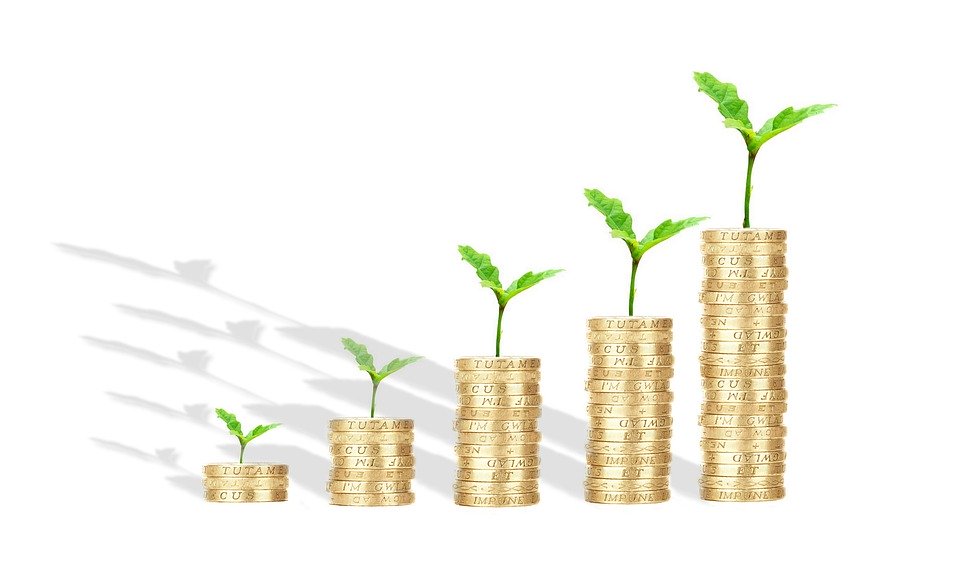
Ontario extends electronic stewardship wind up date
by Ellen Thornton at 10:55 in Circular Economy, Emerging, WEEE, Battery under Environmental
Earlier this year, Ontario Electronic Stewardship (OES) Program announced a ‘fee holiday' until the wind up of the program, on June 30th, 2020, due to a surplus of funds collected. It has just been announced that the Ministry of Environment, Parks and Recreation issued an amendment to the wind up date, which means the program will now end on 31st Decembe...
What is Extended Producer Responsibility?
by Ellen Thornton at 08:22 in Battery, Packaging, WEEE under Environmental
Extended producer responsibility (EPR) is a concept which is used globally. It is introduced into countries through legislation or in some cases, voluntary schemes. EPR has been well established in Europe for many years. PrincipleEPR is the principle that producers are obligated for end-of-life waste management of the products and/or packaging they plac...

Expansion of electronics and batteries producer responsibility in Ontario
by Ellen Thornton at 11:29 in Battery, Circular Economy, Emerging, WEEE under Environmental
The Ontario Ministry of the Environment is currently holding consultations with stakeholders in the electronics / electrical equipment and batteries sector regarding the approaching circular economy regulation for EEE and batteries (and their packaging). The consultation ends on 6th February and will focus on the key decisions affecting industry as part o...
Approaching deadline for EPR reporting in Chile
by Ellen Thornton at 14:13 in Battery, Packaging, WEEE under Environmental
Under the provisions of the second transitory article of Law No 20,920, producers of certain priority products are obligated to report information to the Ministry of Environment. The submission date for products placed on the market last year is 31 August, under the Exempt Resolution No. 0409/2018 of the MMA. The obligation applies to producers of the fo...

Comply or comply not, there is no try. Even lightsabers too, have environmental obligations
by Ellen Thornton at 08:00 in Battery, Packaging, WEEE under Environmental

Our new website is launching today…May the 4th….which means our techy folk at Lorax Compliance thought it deserved a Star Wars themed unveiling. And what is more Star Wars than a lightsaber? Even humble Jedi should be aware of their environmental implications and as a product with a unique supply chain, lightsaber manufactures are often unsure of their ex...
Meet Lorax Compliance for free 121 advice at Edie Live
by Emma Mundy at 10:02 in Circular Economy, Battery, Environmental, Emerging, Packaging, WEEE under Environmental
Lorax Compliance are attending Edie Live on 22-23 May, 2018, at the NEC in Birmingham. Edie Live aims to show you how to achieve a sustainable future. The event is tailor made to fit the needs of sustainability, energy and resource professionals. It offers seminars, workshops and advice clinics. At the event Lorax Compliance will be offering free 121 advi...
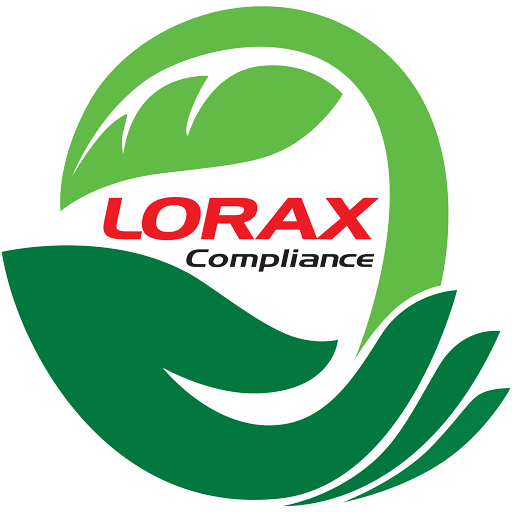
New EPR Regulations announced in Brazil
by Ellen Thornton at 19:03 in Battery, Emerging, Packaging, WEEE under Environmental

On 3 April, The Sao Paulo State environment agency (CETESB) issued Decision No. 076/2018/C establishing the integration of take-back requirements into the environmental permitting procedure. Manufacturers, importers, distributors and sellers of certain products may only be issued environmental operation permits after compliance with take-back regulations ...
Belgium: battery compliance update
by Ellen Thornton at 09:39 in Battery, Emerging under Environmental
Bebat is the Belgium scheme for battery reporting. Companies who place less than 10,000 batteries on the market per year can report annually using the simplified declaration, otherwise they must report monthly. The simplified declaration means you only have to submit one declaration per year for the number of batteries you put onto the market (individuall...

Austria: ERA batteries compliance update
by Ellen Thornton at 09:32 in Battery, Emerging under Environmental

ERA is a battery and WEEE compliance scheme in Austria. The scheme covers appliance, vehicle and industrial batteries and requires either monthly, quarterly or annual reports depending on the producer's annual fee. Submission dates:Monthly: 10th of the second month after the one being reported. Q4: 10th February 2018. Annual: 31st March 2018. Fees and ...
Emerging EPR in South America
by Ellen Thornton at 10:20 in Battery, Emerging, Content, Packaging, Circular Economy, WEEE, Environmental under Environmental
There is currently an array of changes occurring in South America in relation to Extended Producer Responsibility (EPR) regulations and recycling laws. Countries such as Brazil, Chile and Argentina are catching up with Europe as many new EPR Bills are proposed. ArgentinaIn Argentina, a Bill has been proposed to modify the Integrated Management of Househ...

Battery recycling in Australia – what are the next steps?
by Ellen Thornton at 13:45 in Battery, Environmental under Environmental
Currently, in Australia, only 5% of handheld rechargeable batteries are recycled. Many of these contain hazardous substances with the capacity to harm people and the environment. This was one of the issues discussed by Commonwealth, State and Territory Environment Ministers on 28th July in Melbourne. They recognised successful pilot schemes in Toowoomba ...
Reporting and obligation thresholds – what are they and how do they differ?
by Ellen Thornton at 14:40 in Battery, Environmental, Packaging, WEEE under Environmental
Obligations and reporting thresholds for packaging, WEEE and battery schemes vary from scheme to scheme and country to country. Obligation thresholds are more typically implemented through packaging waste legislation and reporting thresholds can be seen in packaging, WEEE and battery legislation. However, many countries have not implemented thresholds a...
Should you be reporting under new EPR regulations in Chile?
by Emma Mundy at 15:35 in Battery, Emerging, Environmental, Packaging, WEEE under Environmental

Extended Producer Responsibility (EPR) is a global issue and no longer contained in regulation within the EU. Latin America has recently seen a surge in EPR style legislation being implemented and many countries are in various stages of development of EPR regulations, Chile is no exception. Today's blog focusses on what you should be doing if you sell cer...
Can you avoid the reporting treadmill this year?
by Emma Mundy at 08:10 in Battery, Environmental, Packaging, WEEE under Environmental
The EU's focus on resource preservation and reuse has put manufacturers under increasing pressure over the past two decades to meet strict legislative requirements on environmental reporting. This has created a tricky path for producers to navigate as reporting requirements differ in each country. Depending on the size of your company, you could have come...
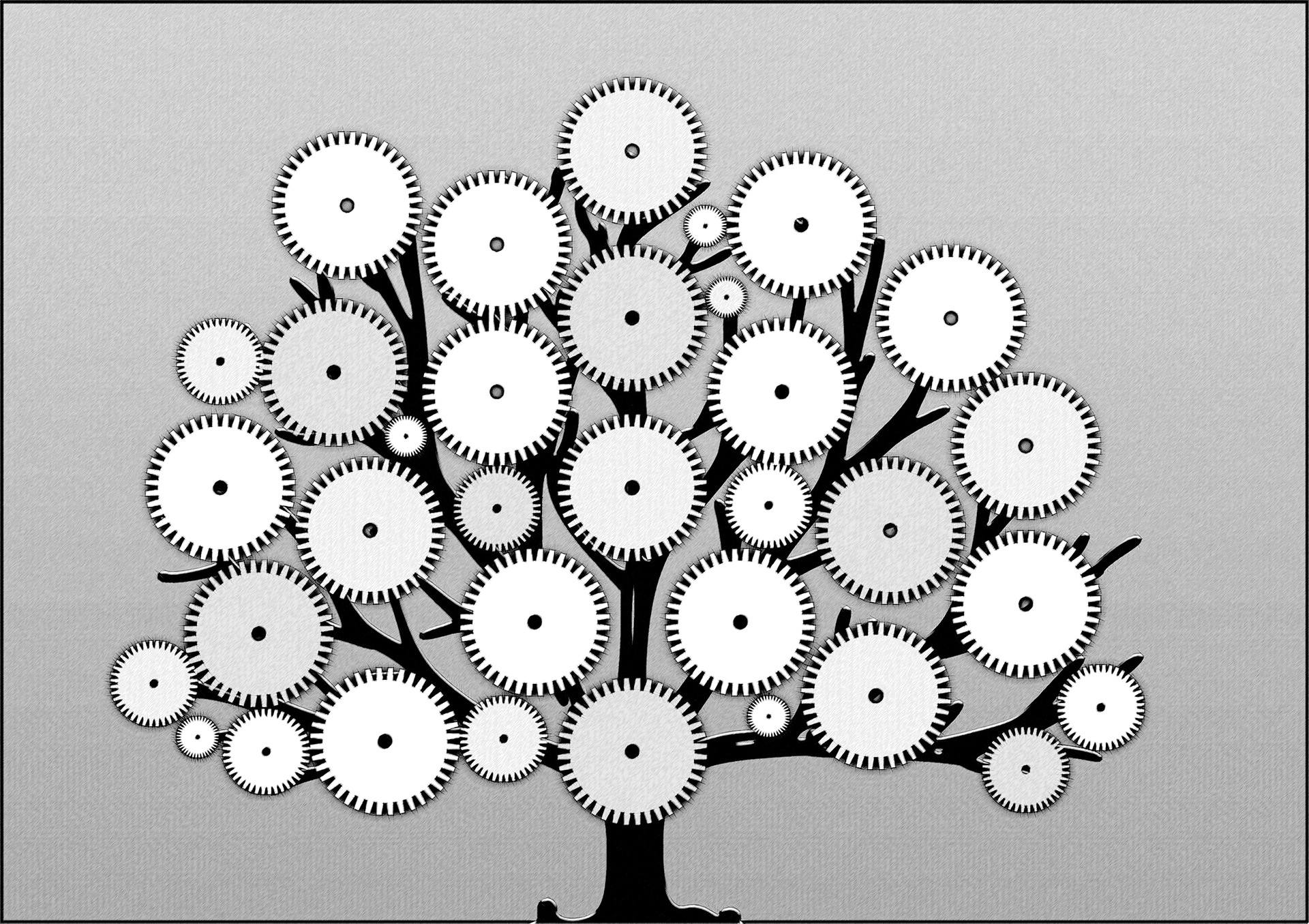
Charging forward! What is the future of the battery?
by William Fleming at 08:41 in Battery, Circular Economy, Environmental under Environmental
What is the future of the battery and does it have a place in our rapidly changing technologies? Ever since the discovery of electricity, modern man has developed ways to store it through the use of batteries. A discovery in 1938 by archaeologist Wilhelm Konig that has puzzled many is the discovery of the 'Baghdad Battery'. The Baghdad Batt...


